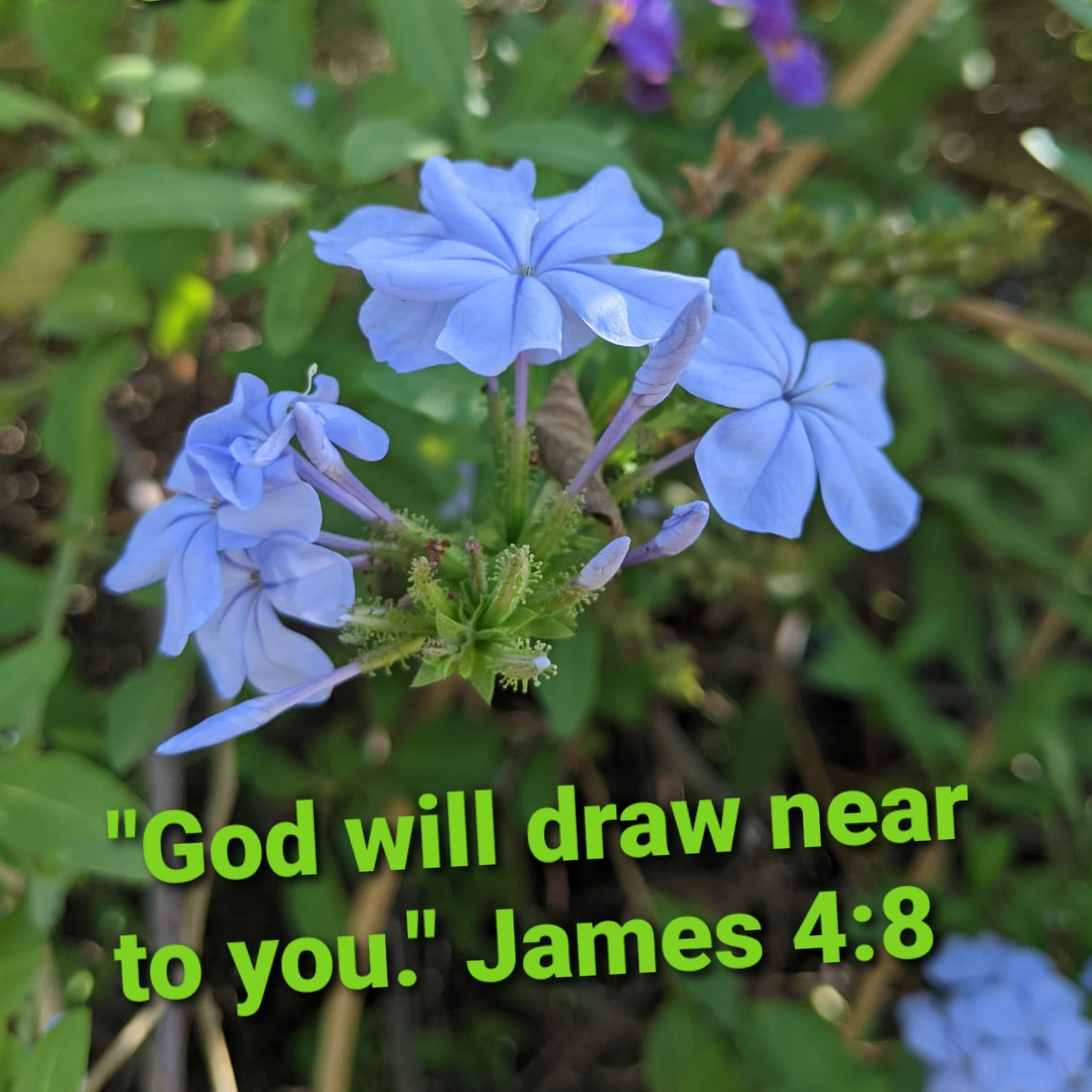Once upon a time there was a small little junior high school. At this little junior highschool the teachers all did their best, and the students, also, definitely tried their best. But you know, even when people try to do their best, they sometimes make very big mistakes. Sometimes children going through adolescence experience profound changes both in themselves and in their social environment, and as a result a young man or woman may feel deeply insecure about who they are. So adolescents experiment and try different things to establish a sense of security and belonging.

One day a fantastic rumor began to spread throughout the school. The rumor, was that one of the newer kids was fantastically rich and would give you a hundred dollar bill just to talk to him. What made the rumor somewhat plausible was the fact that recently in this small town that previously was populated by very humble people indeed had families moving into it from the big city into big luxurious houses. So it was a rich kid! But to some, including my own twelve year old self, it seemed too good to be true. It was in December and who wouldn’t want some cold hard cash to spend if one was so lucky to be taken to the mall in far away Phoenix, just a two hour drive away?
While I was pondering all of these things in my heart, my friend Jarid whispered to me in class, “Did you get your money?”
“No,” I said. That rumor isn’t true, is it?
Jarid smiled a toothy smile then pulled out of his pocket a pen. Then he slowly took the pen apart and inside of it was rolled up a one hundred dollar bill! Our jaws both fell open and our eyes were as big as the harvest moon. “Jarid and Wesley and get back to work,” the teacher yelled at us. Jarid deftly stuffed the cash safely into his jacket pocket and we got out our three ring binder with color coded dividers. Opened it to that period and started taking our annotated notes.
When class was over I asked Jarid how he got it, and if the rumors were true after all. He said it wasn’t a rumor. All you had to do was go to the new kid, and ask for a “pen.” Then you had to wait a day, and then the next day he would have a pen with your name on it, with $100 dollars inside. “Why not,” I asked myself. That afternoon as we all climbed out of the sunken part of the West Sedona School campus toward the bus circle I tapped the new kid on the shoulder. He turned around quickly and looked…scared.
“Hi, I’m Wes,” I said. “Umm. May I please have a pen?”
The new kid looked around nervously, he said, “Sure. I’ll have a pen for you tomorrow.”
“Thank you.”
“You’re welcome.”
Then he got on his bus that went to the new part of town. I got on my bus that went to the old part of town. When I got home there was a list of chores that had to be done including stacking firewood, taking out the trash, and various types of manual labor, and I knew for certain there was one thing I wouldn’t find: stacks of hundred dollar bills. I fantasized in my mind what I could buy with a hundred dollars: a mountain bike! A Super Nintendo! Jewelry for that special young lady in my social studies class.
The next day sure enough the new kid handed me a pen that was hollowed out and a hundred dollar bill was hastily crumpled up and stuffed inside. My name was written on the outside of the pen, written hastily. The new kid handed it to me with a trembling hand. I thought somehow it would feel better, but instead I felt guilty. Nobody was around when the new kid gave me the pen, so I asked, “How are you getting all this money?”
The new kids looked angry. “I took it from my dad’s safe. I figured out the combination.” When I heard the words it felt like someone punched me in the gut.
“Oh,” I said, “I see.” He was taking the money from his dad. He was stealing from his dad. I put the word “stealing” out of my mind but in its place a guilty distrubed feeling filled my whole self.
John the Baptist shouted at the crowd from the banks of the Jordan River, “Do not say, ‘We are children of Abraham. Even now the ax is lying at the roots and any tree that doesn’t bear fruit will be cut down. God can make children out of stones.’” John said that your family of origin and your ancestors don’t count for anything regarding your status in the eyes of God.
What benefit was there in people leaning into their identity as Abraham’s offspring? Quite a lot, actually! God had promised Abraham to establish him as the godfather of a great nation who would have lots of land, and to grow in size that would rival all the sand on the beaches or even the stars in heaven. These people would be so great that they would bless the whole earth with your righteousness. So now John the Baptist comes along and says none of that matters. If you don’t produce the “fruit” God wants to see you will be chopped down like an old tree.
To be fair John wasn’t the first prophet to talk like this. Many prophets had spoken very harshly about God’s judgment on the people. The Prophetic Book, Zephaniah, is just three chapters long and is very strongly worded. The first chapter is all about God punishing the Earth. The first words say it plain and simple, God will sweep away all the inhabitants of all the earth. In other words, the whole entire earth and all people will be punished. The cause of God’s anger is thieving and stealing at all levels of society. Not just the rich are guilty of stealing, poor people can also be guilty of stealing, and the middle class. For this reason God’s anger is so kindled that God would punish all the Earth. Nobody, no matter who your ancestor was, will be excluded from the wrath.
Chapter 2 of Zephaniah encourages the people to gather together in repentance, and to find shelter from the coming wrath. There is a possibility that a person can avoid death and serious damage from God’s judgment by repenting and submitting to God, and doing so with like minded persons. This is exactly what John encourages the people to do: to share with one another and provide for one another in order to support one another to survive times of hardship and condemnation. You can survive the time of trial by not hoarding or taking what isn’t yours, but taking just what you need, sharing the rest, and then the fellowship of believers will help one another to survive.
Chapter 3 of Zephania, what we read today, talks about the remnant that will be left after the judgment. For the remnant things will get better, there will be new life and protection from enemies and evil. If you can make it through the ordeal, then life will get better, and a new and just order will be established.
So how are we doing? Do we share our excess clothing, food, and money? Are we all making our money honestly and fairly? Are we using our power judiciously, humbly, and with great care? Perhaps most provocatively we need to ask ourselves a very important question. Does Lutheran Theology, the theology of being saved by grace through faith and not by works support the social equity John the Baptizer insists on in his prophetic message. How does John’s social prophetic gospel square with Lutheran theology? If we insist that we’re saved by God’s grace and not by our works then why bother doing the good works John prescribes?
Do you know why people are tempted to not share, to hoard and to abuse power? Do you know people are tempted to steal, take what is not theirs, and do bad things? Because deep down they do not trust God’s grace. The reason why any of us sins is because we are tempted to not trust God to provide for us, and so when we are overcome by a lack of faith we foolishly try to take matters into our own hands. It is precisely our lack of faith in God’s grace that leads us to really bad things.
Thanks be to God that we are saved by Grace through faith and not by our works. God, who has every right to punish us for our collective misdeeds has chosen not to. God has chosen in Jesus Christ to not lift a hand in violent punishment toward us, but in humility to pour out power, love, and grace in an extravagant sacrifice and love to give us eternal life. The God on high has come down low to scoop us up and save us from sin, death, and devil. God loves you unconditionally.
John’s invitation to share your coat, food, money, and power, isn’t a punishment to atone for your sins. No! It’s an experiment. Try to give sacrificially and see how God’s grace will fill in the gaps and sustain in you! When we share what we have, we force ourselves to trust that God will provide us.
My parents found the money on my desk. They confronted me about it, and wanted to know where I got it. I reluctantly explained the whole thing. “You’re going to give it back tomorrow.” They told me. “It isn’t yours. You can’t accept it.”
I half heartedly tried to argue that the new kid chose to give me his money, and that was okay. So then they asked me, “What would happen if we caught you stealing money from your father?” I gulped. Just the thought of stealing hundreds of dollars from my parents made me sick to my stomach. I understood and admitted to myself my error and what I had to do.
The next day I had the money neatly rolled up and stuffed back into the pen. I tapped the new kid on the shoulder and said, “Hey this is yours.” He looked confused and asked me why I didn’t want it. I just said that I didn’t need it. He looked confused, but also it was the first time I saw him without a terrified look on his face.
Some weeks later the whole story broke out. The new kids’ dad discovered his safe was empty and the school asked all the kids to give the money back. My friend asked if I hadn’t spent the money already as many other kids had done. I explained that I gave mine back already. “Lucky,” he said. Thinking back on it, I was kind of lucky. I was lucky because I had people in my life who taught me how to trust in God’s grace.
As the years went on the new kid settled into our strange little town. He found his way and made friends by just being himself, no stacks of Benjamins required. All he had to do was just be himself, and soon he found like minded kids with common interests. We would say that God’ grace acted upon his life, just as God’s grace acts upon each of our lives.
So as we enter into this third week of Advent and Christmastide draws near, remember that the greatest gift you can give the people in your life is quite simply yourself. You are valuable enough that Jesus would die for you to save you, so share yourself, your time, your kindness, your mercy, and your grace. Amen.



The Problem It can be difficult when you figure out that people are out to get you. When you thought someone was your friend,...